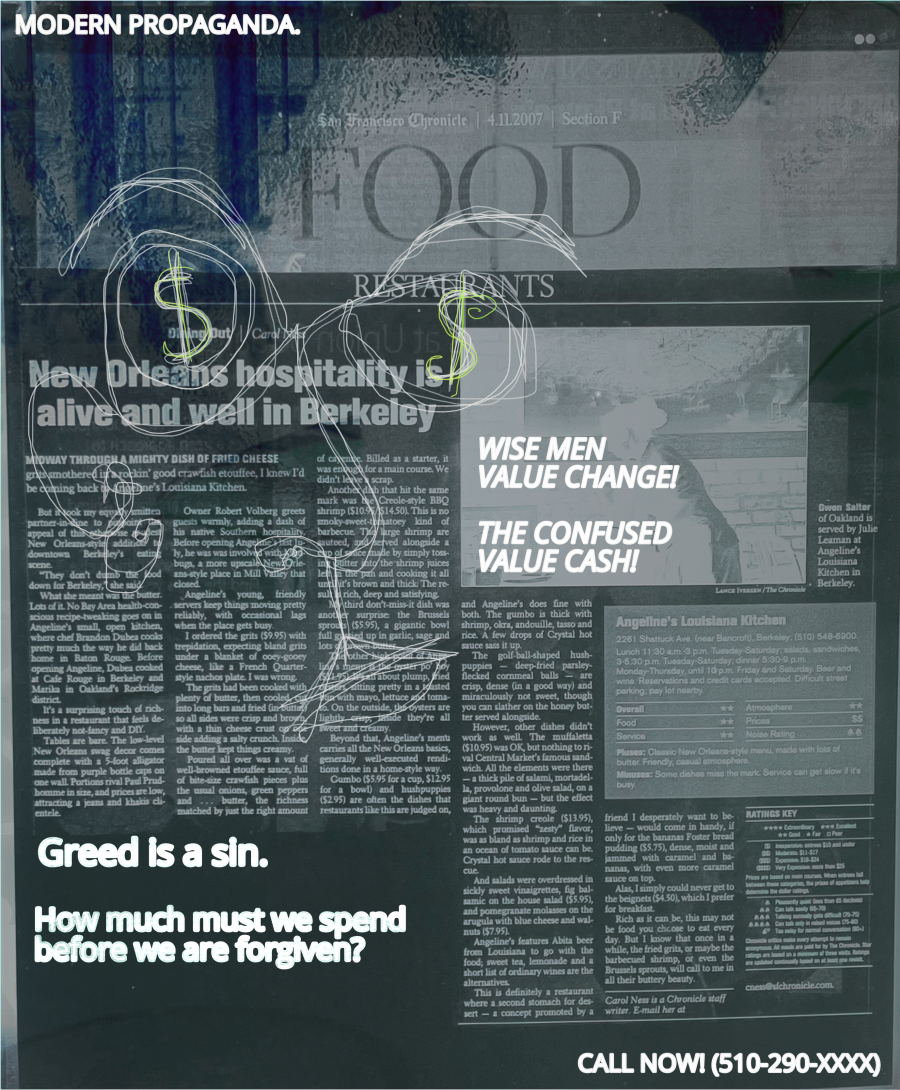When watching the news or reading news-related media, how often do you question the value of your attention?
Most major news outlets offer little to no cost of access, and it’s quite easy to feel as if we’re not at a loss for time, given that we hardly find ourselves coming out of pocket. As a result, we’re more inclined to give our attention to media that share biases similar to our perspectives, both globally and politically. The time and attention we give to these news outlets and media platforms offer great economic value that helps Conglomerates reach their daily bottom line. Upon doing research for this blog post, I realized that the Individuals involved in major Conglomerates appreciate privacy and secrecy like no other– even when you look up the term “Conglomerate”, you get pictures of rocks as opposed to specific individuals or entities, which I’d assume is very intentional.

Noam Chomsky and Edward Herman developed the concept of “Manufacturing Consent,” which refers to the process through which organizations such as governments, corporations, and conglomerates create a public consensus by employing various media outlets that serve their agendas, policies, and perspectives. Essentially, it constitutes a form of media manipulation. In a capitalist society, it is crucial that consumers, as buyers, are continually stimulated to spend and consume on a large scale. Otherwise, the society that has been meticulously crafted in favor of these organizations would collapse. In addition to the driving force of capitalism, this concept of propaganda manipulation also influences our perception of the world and our thinking about the things around us. Free thinking, or the freedom of thought, becomes less free once we acknowledge the individual costs associated with it. In relation to the propaganda model, there are also five filters that it employs to maintain dominant ideologies.
“Herman and Chomsky explain the ways that the mass media, under capitalism, function as propaganda through five filters. These filters allow the mass media to appear “objective” to audiences and discourage audiences from questioning the ways that the mass media uphold the ideological status quo and dominant groups/ideologies.“
The five filters that Herman and Chomsky propose are:
- The size, concentrated ownership, owner wealth, and profit orientation of dominant media
- Advertising as the primary source of income for corporate media
- The reliance on “trusted sources,” which frequently means using government or corporate spokespeople who spend vast sums on public relations and lobbying
- Disciplining the media through “flak,” both positive and negative
- “Anticommunism” a method of control (due to Manufacturing Consent being published during the final years of the Cold war; more current examples would be anti-socialism, anti-critical race theory, etc.)
These filters all play an imperative role in the development of the perception within the mass media and its consumers– it’s also the foundational aspect within the silent bidding of western consumers and buyers.
Chomsky, N. (no date). Noam Chomsky: The five filters of the mass media, Public Reading Rooms. Available at: https://prruk.org/noam-chomsky-the-five-filters-of-the-mass-media-machine (Accessed: 16 November 2025).

